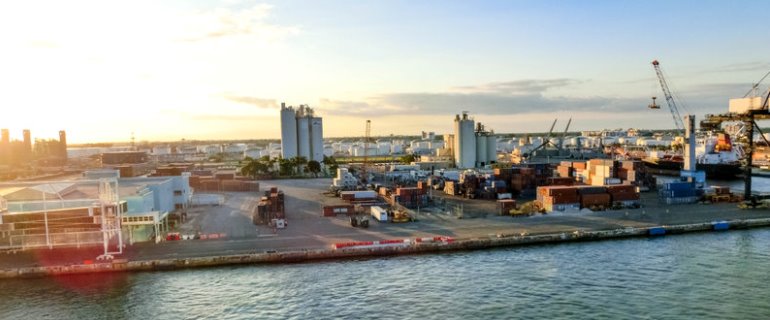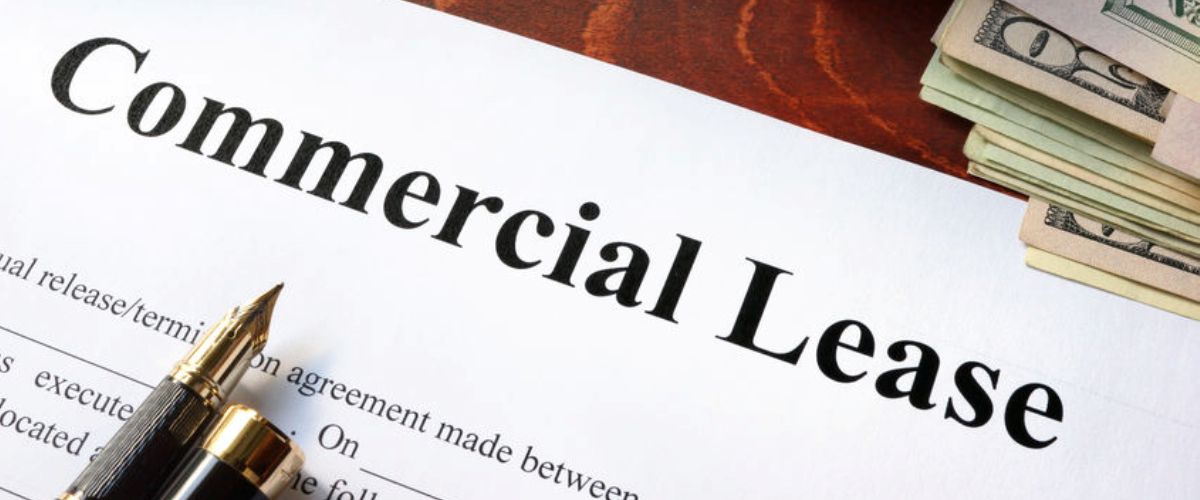Anyone who has been shopping recently has noticed it — long expanses of empty shelves, websites with merchandise marked “out of stock.”
Sometimes it’s canned goods in short supply, sometimes paper plates. Earlier this year, popular brands of baby formula became hard to find, sending parents to Facebook groups to chase down supplies. Meanwhile, the price of new and used cars continues to climb, due to shortages of critical parts and computer chips — while builders complain that they can’t get the drywall and hardware they need to finish projects.
Americans have been accustomed to goods that magically appeared whenever they were required. With a pandemic hitting hard at manufacturing facilities and shipping lines, consumers are learning hard lessons about the details — and vulnerabilities — of the nation’s supply chain. But key Florida leaders also see opportunities to take this short-term crisis and translate it into long-term gain for the Sunshine State. If Florida does this right, the benefits could outlive COVID-based kinks in the flow of merchandise, providing a permanent boost in the quest to diversify the state’s economy.
Some of the measures will take time and lots of money — but talk is free, and we give Gov. Ron DeSantis and other state leaders credit for their aggressive promotion of Florida’s alternatives to the congestion at West Coast mega-ports. DeSantis, in particular, has been beating the drum for months, and it’s the right time to make the pitch. This week, shipping analysts celebrated the fact that only 76 ships were waiting at the massive Los Angeles/Long Beach ports, a three-month low — but transit times from the time container ships leave Asia to the point where the cargo is unloaded onto U.S. soil have more than doubled since the pre-COVID era, reports American Shipper magazine. Northern ports, including New York, are also reporting delays.
Some of that traffic is already diverting to Florida, with shippers calculating that the two-week detour from the west coast, through the Panama Canal and into one of Florida’s 15 deepwater ports makes more sense than lingering at sea for an extra month or two. Not all of Florida’s ports can handle the biggest container ships, but Port Tampa Bay, Port Everglades, Port Miami, Port Manatee and North Florida’s JAXPORT are already seeing increases in various types of cargo including bulk materials, automobiles along with the standard 20-foot containers used to bring consumer products from manufacturers in China, India and other foreign manufacturers. That’s a welcome change from 2020 when port activity dropped by a significant 16 percent, the Florida News Service reported.
That traffic augments Florida’s long-held position as cruise capital of the world. The cruise industry is still in recovery mode, but once the pandemic threat fades it should send traffic at the state’s ports (particularly Port Miami, Port Everglades and Port Canaveral, the world’s three busiest cruise ports) surging once again.
There are reasons Florida ports haven’t been as attractive to importers. Along with the obvious geographical challenges, there’s a lack of infrastructure needed to support a more robust flow of cargo. And Florida leaders must recognize that ports are only one part of the picture. The state’s ground transportation network must be robust enough to handle the flow of inbound cargo — and while lawmakers don’t need to revive an ill-conceived and costly scheme to construct “roads to nowhere” that cut across largely vacant land, they should plan on improving the state’s most important arteries for truck traffic, along with augmenting the rail system to move cargo, vehicles and materials quickly and cleanly.
There’s one more clear priority: As Florida pushes to expand its ports, it must set the national standard for environmental stewardship. While shipping and distribution support an estimated 900,000 jobs in the state, that number is dwarfed by the 1.7 million jobs generated by Florida’s tourism and hospitality industry. Florida already has a lot of damage to repair, particularly in the sensitive Indian River Lagoon. The state shouldn’t risk more degradation when it could instead lead the way in responsible port expansion.
Still, Florida leaders are right to see the snarled shipping situation in the nation’s biggest ports as a golden opportunity. Lawmakers are ready to invest in port infrastructure, adding to hundreds of millions in federal funding Florida ports have already received. In his budget outline, DeSantis requested $117 million for port improvements, and the House and Senate appear ready to top that – their preliminary plans include nearly $136 million for ports. In a year where Florida has plenty of money to spend — including the one-time deluge of cash from Washington — these investments in the state’s economic future make sense.
Source: Orlando SunSentinel


